The 16 Best Countries for Americans Who Want to Live Abroad
14 min readIf you haven’t already joined the trove of Americans who skipped the border and set up shop in another country once WFH became a permanent situation, don’t worry—we’re here to help you narrow down your new home-away-from-home.
Around 9 million American civilians are currently living abroad, which, for scale, is one New Jersey’s worth of us out there roaming the world. Where to go, though, isn’t an easy question to answer. Whether a country has a lot of English speakers or an inviting expat community, a favorable cost of living or an immigration process that’s (relatively) navigable, some places are just plain easier for Americans to move to than others. Luckily, there are plenty of places in Europe, Southeast Asia, South America, the Caribbean, and beyond that make a pretty compelling case to pack up and leave (practically) everything behind.
Consider all the times you’ve heard the term “expat” applied to (predominantly white) people from Western countries, and “immigrant” or “migrant” reserved for (predominantly non-white) people entering Western countries. Living abroad is a great way to gain a different perspective not just on a new country, but your home country as well. Here are 16 of the best spots around the world where you can start over—or at least give a different country a part-time try.
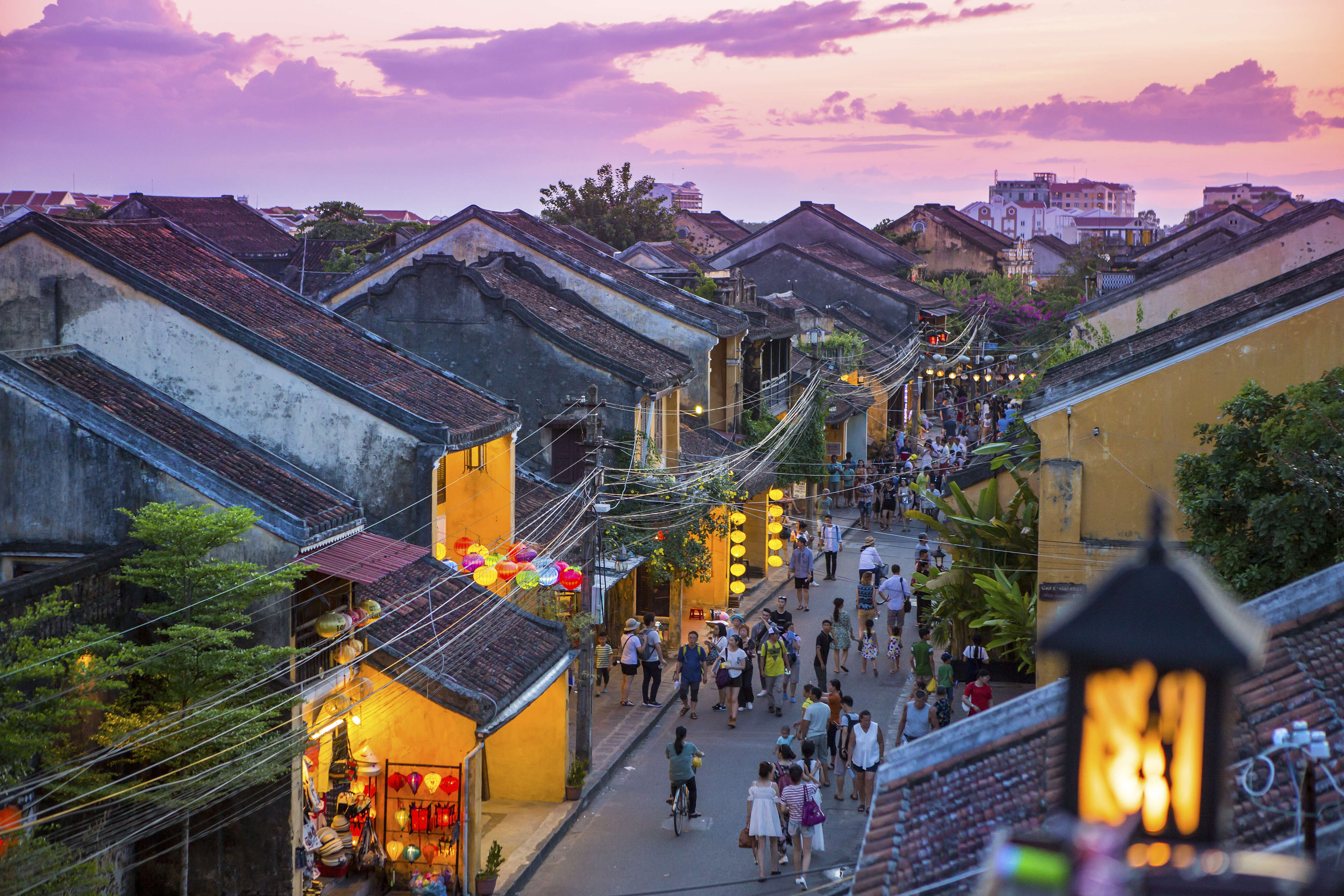

Vietnam
Vietnam has one of the fastest-growing economies in Southeast Asia, with a rising middle-class, low crime rates, and a way, way low cost of living. Americans can thrive here for nearly half the price of home; spacious one-bedrooms in lively, culture-rich cities like Ho Chi Minh City and Hanoi cost less than $700, while a mouth-watering bowl of phở is just $2.
A flourishing community of digital nomads takes advantage of reliable high-speed Wi-Fi to work remotely, or stick around to teach English and explore a laundry list of incredible domestic sights, from the beautiful rice terraces of Mù Cang Chải to the white sands of Phú Quốc. Traffic, pollution, and ever-changing visa rules are the tradeoffs for eating ridiculously well and connecting with Vietnam’s warm, welcoming culture. —Katie Lockhart
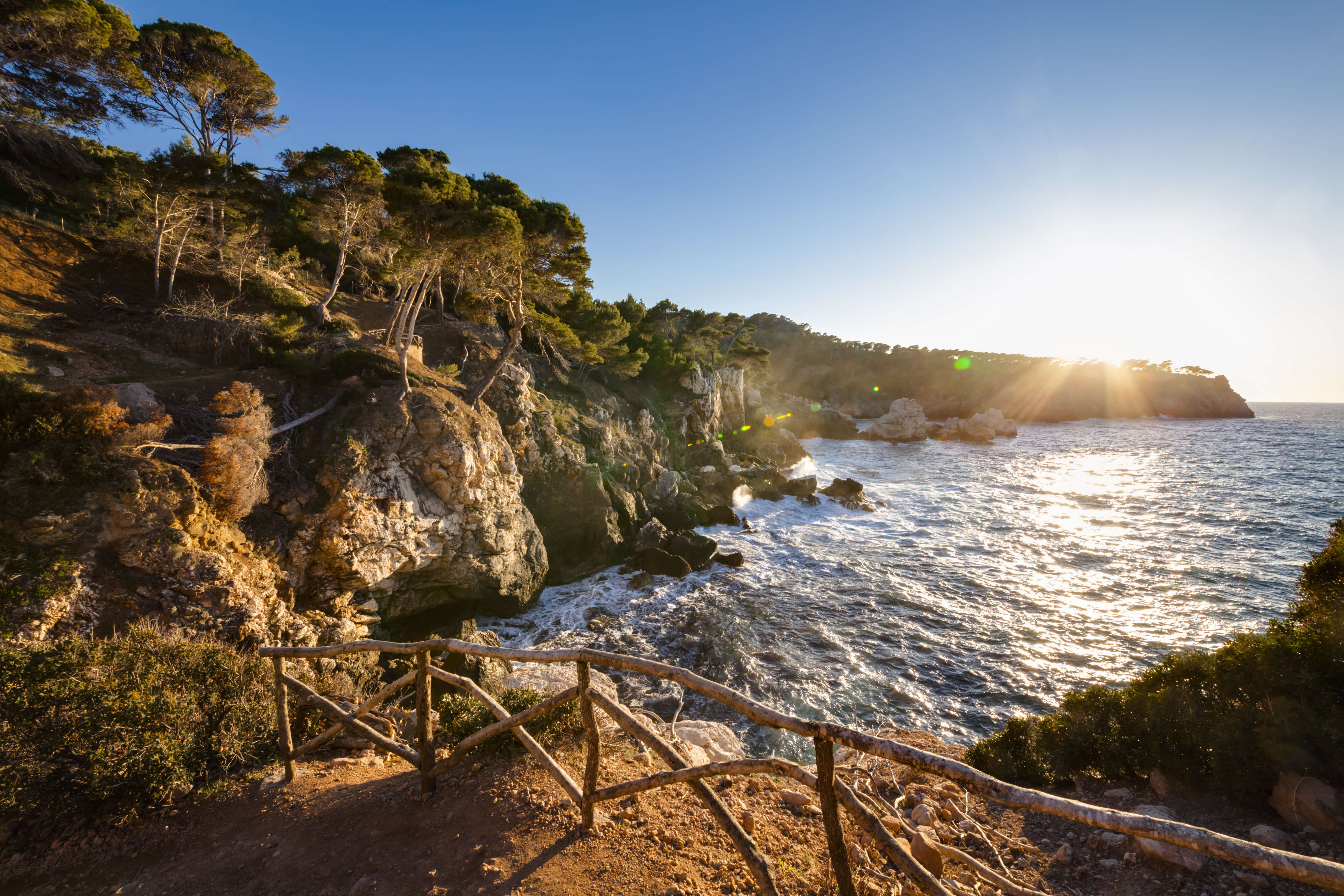

Spain
“I would sooner be a foreigner in Spain than in most countries,” said George Orwell. “How easy it is to make friends in Spain!” With its intoxicating sunshine, endless beaches, laid-back culture, and cheap wine, Spain has long been a haven for American escapists like Orwell and Hemingway. And, arguably, it’s never been easier to chase la buena vida.
Among Europe’s most affordable countries, Spain has a high unemployment rate, so don’t get your hopes up about finding a job. But the Spanish government does offer a self-employment visa, perfect for freelancers and digital nomads who flock to international tech and fashion hubs like Barcelona or hide away in dreamy coastal enclaves like the Canary Islands.
And while the work visa application process is painstaking, it has notably fewer requirements than some other EU countries and allows for travel anywhere in Europe’s Schengen area for one whole year. —Barbara Woolsey
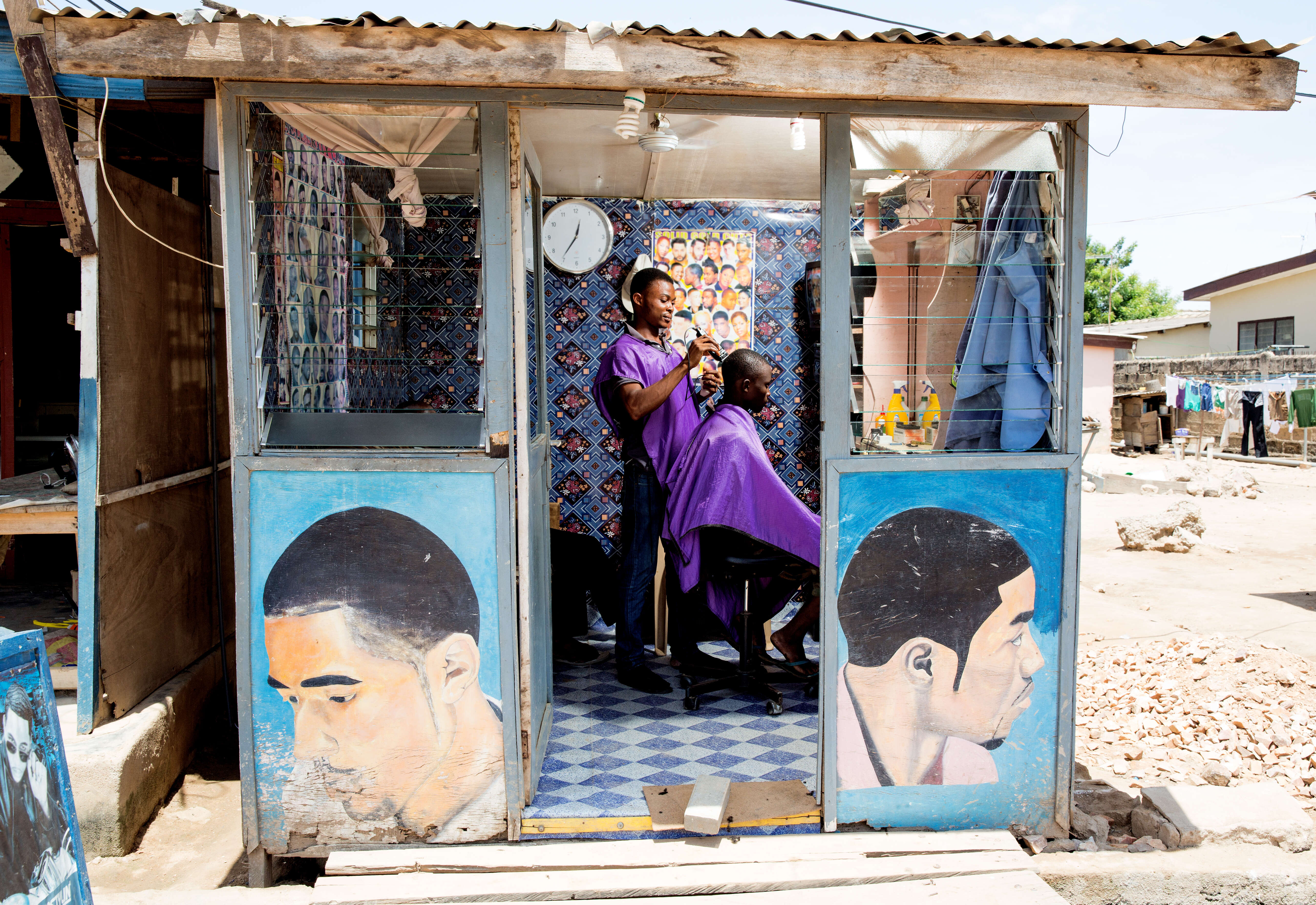

Ghana
Seeking relief from the stress and violence of racism in the US, members of the Black Diaspora are drawn to Ghana’s stable economy, tropical climes, and vastly more affordable cost of living. Rents in the cosmopolitan capital of Accra range from $145 a month for a two-bedroom apartment to $700 a month for a three-bedroom house with security.
English is the main language and business opportunities abound, but like many developing countries, the infrastructure in Ghana is iffy. Power outages are common, and the gridlocks in Accra rival Los Angeles. And although the Ghanaian government has started a program to fast-track citizenship for African Americans, obtaining any official document requires extreme patience.
But clear these obstacles and a long-established expat community stands ready to welcome newcomers with happy hours, networking events, and social support groups like the African-American Association of Ghana and the Diaspora African Forum. —Rosalind Cummings-Yeates


Argentina
If you’re highly productive, punctual, or even remotely Type A, Argentina is not your place. Time runs differently here: The plumber you scheduled for Tuesday may not show up for a month, and you’ll be the uptight one for asking why. Wine or gelato at breakfast is totally appropriate, midday siestas in the hammock can last hours, and dinner doesn’t start until 9 or 10.
In a country with a baffling number of national holidays, social life is always on and long weekends are spent guzzling Malbec in Mendoza, mountain biking in Salta, hiking to waterfalls in Iguazu, or exploring the Patagonian Andes.
But let’s not sugarcoat the notoriously unstable Argentine economy. Prices can change so dizzyingly fast due to inflation, many small stores don’t even bother marking items. But if you can earn your living in US dollars, you’ll live incredibly well off very little in vivacious cities like Buenos Aires. —Cathy Brown
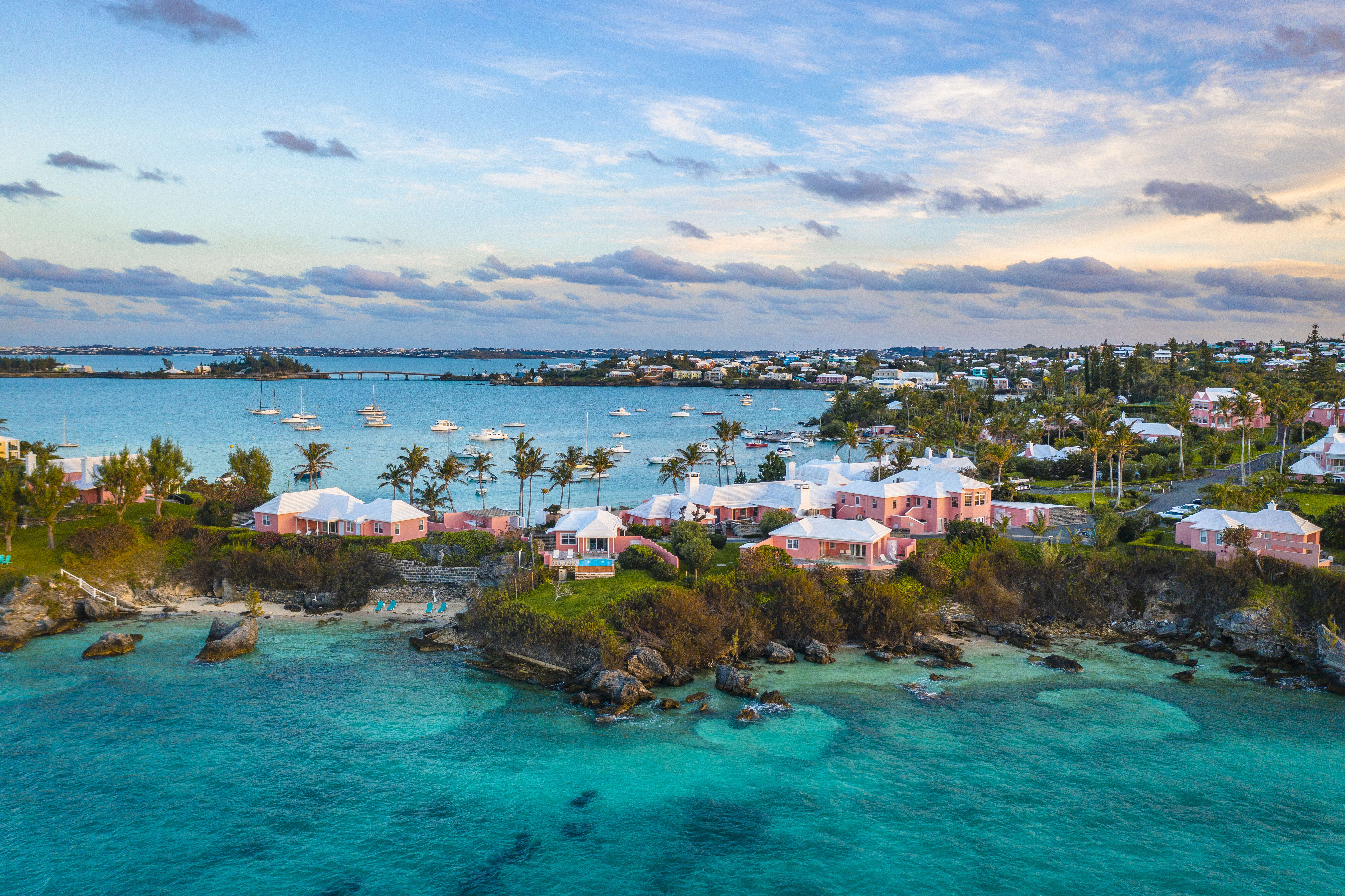

Bermuda
Sun-drenched countries all across the Caribbean have long been a retreat for Americans who are tired: of their jobs, of their land-locked locales, of the lackluster weather, of the nation’s general bullshit. And now, as if they really need any further way to entice visitors, many of those very same nations are offering long-term visas allowing remote workers to find an island to call home for a year or longer.
Take Bermuda, for example. In 2020, the island debuted the Work from Bermuda Residential Certificate, which allows visitors to stay for up to 12 months. In fact, Bermuda offers one of the most accessible visas on this list: Not only is the island just off the US mainland, so airfare is often inexpensive, but the application fee is just $263 (compared to the thousands you might spend on, say, a European visa) and there’s no income requirement, so long as you can prove that you make enough money to support yourself.
This is also a great spot for students either interested in taking a gap year or who can take classes online: You need only be 18 years old to participate in the program, and those employed by foreign companies or enrolled in foreign universities are eligible to apply. —Tiana Attride
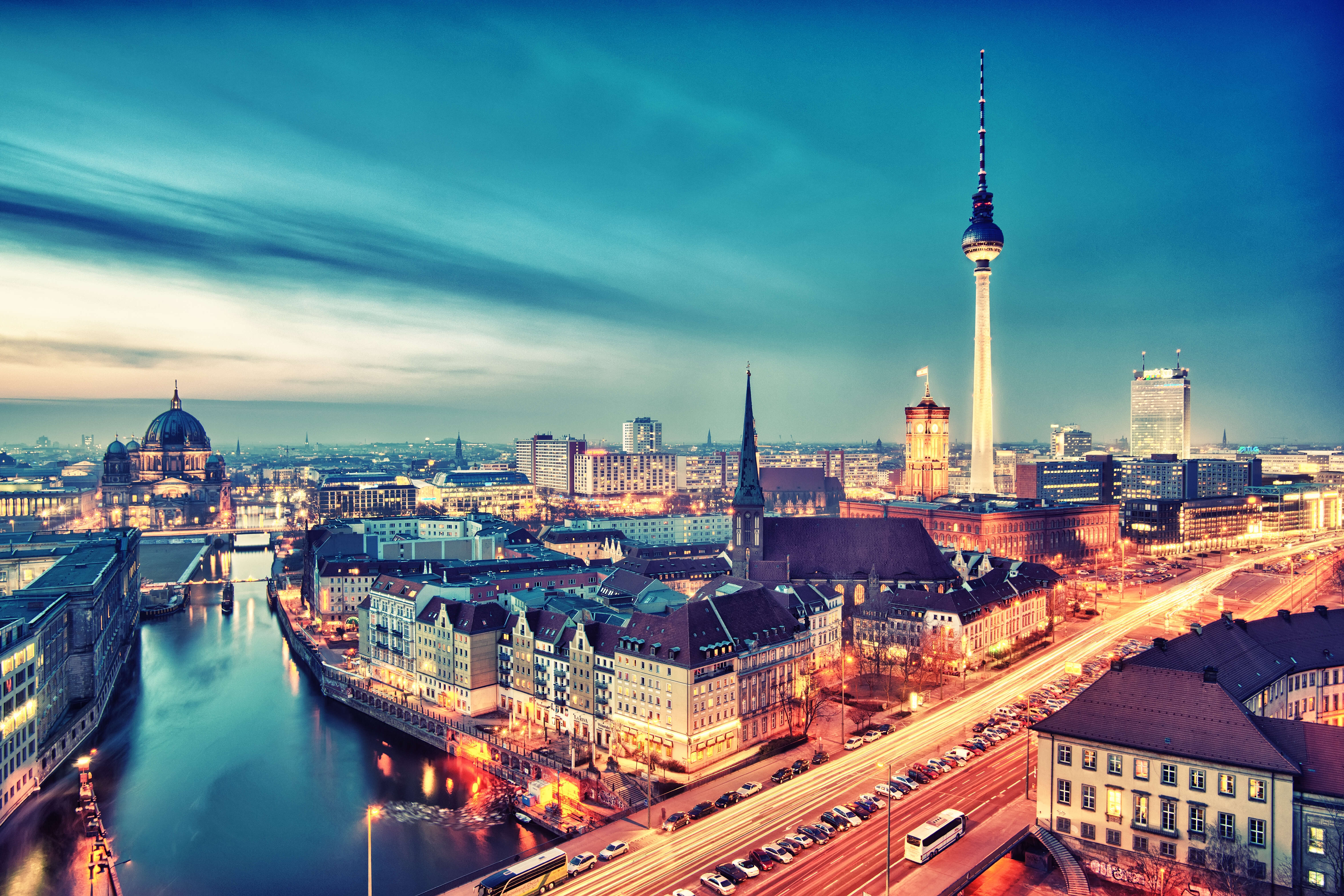

Germany
Along with cheap beer and wine, schnitzel, and the Autobahn, Germany’s got plenty to offer weary Americans. Being smack in the middle of the European continent, it’s prime territory for weekend trips. Your gateway to the Alps, Munich offers exquisite outdoor escapes and access to huge multinational firms. And in the diverse melting pot of Berlin, a low cost of living, legendary nightlife, and booming startup culture lures ambitious tech types and free spirits in equal measure.
Germans love bureaucracy—Americans can enter the country with a three-month visa, but an official move requires streams upon streams of documentation. Simply opening a bank account or getting a mobile phone creates its own paper snail trail. And in Berlin, the struggle is especially real when it comes to finding a place to call your own: Showing up at apartment viewings to compete against 20 other hopefuls is just the way it is. —BW


| Diego Mariottini /EyeEm/Getty Images
South Korea
Between the enduring popularity of K-pop, K-dramas, K-beauty, and K-style, South Korea’s moment isn’t ending anytime soon. Americans tend to gravitate to the metropolitan behemoth that is Seoul, where public transit is a breeze, the shopping and street food are world-class, and boozing is a national pastime. Open-container laws allow for soju in the streets well into the morning hours.
The nation at large is mountainous and modern, with some of the fastest Wi-Fi speeds in the world (though online censorship is real, so have a VPN handy). Housing can be pricey sans roommate, but otherwise, the cost of living is surprisingly low. But unless you’re in English education (in which case you’re in luck!) visa-sponsored jobs can be hard to come by. —Farah Fleurima
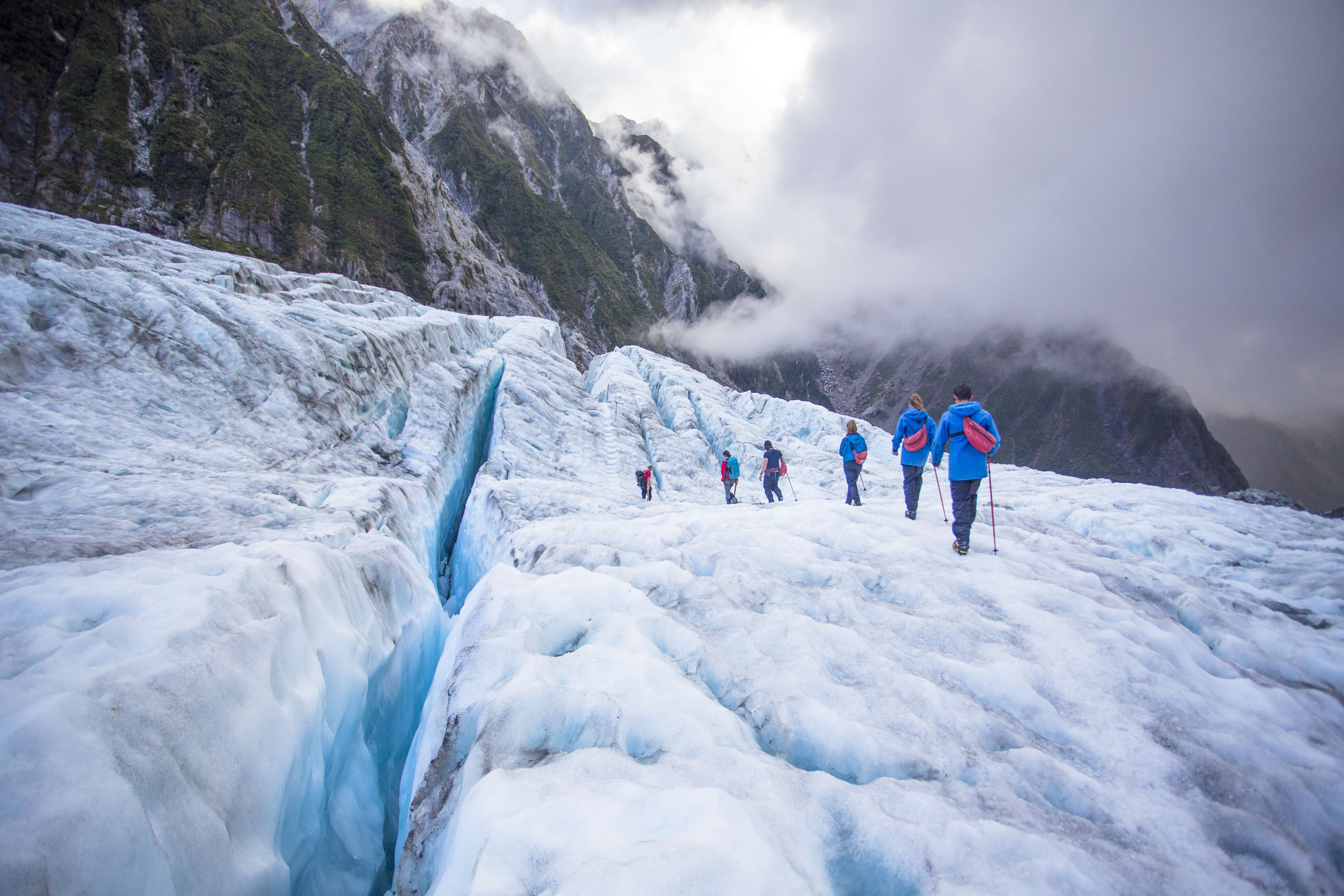

New Zealand
Imagine living in a country where you could learn about Indigenous culture straight from the Māori, hike to waterfalls and active volcanoes, tour film locations from Lord of the Rings and The Hobbit, and sip delicious, locally produced wine—and that’s just the North Island. The South Island, a three-hour ferry ride away, is home to ancient forests, impressive glaciers, vast wine regions, and some of the best ski slopes in the world.
If you’re between 18 and 30, get a Working Holiday Visa, stay for a year, and pick up odd jobs in tourism, hospitality, and agriculture. Your paycheck will go toward skydives or any other adrenaline-pumping activities you’ll want to try in the country that invented bungee jumping. —Kaeli Conforti
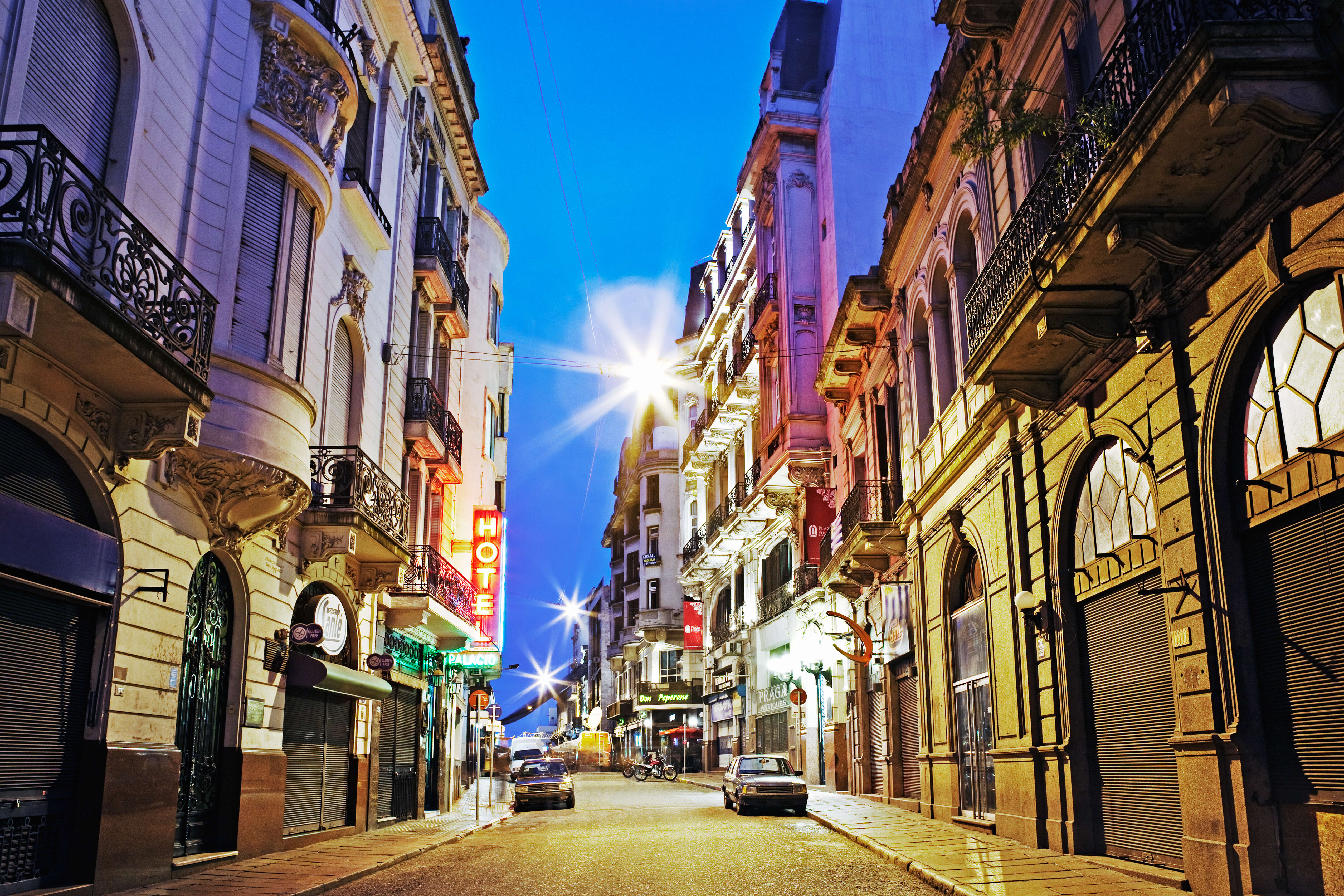

Uruguay
A nation the size of Washington State, Uruguay has maintained a stable economy, a functional political system with little corruption, and progressive LGBTQ laws and attitudes. Particularly since the 2010-2015 tenure of President Jose Mujica, who famously spent his term living in a humble farmhouse on a dirt road, the country has become the darling of the liberal world. Public transit in Montevideo, the country’s culturally rich capital city, is good enough you won’t need a car, while the wine, beef, and beaches are among the best in the world.
A decent standard of living doesn’t come cheap, although food and rent are very reasonably priced. It’s not overly burdensome for foreigners to buy property in Uruguay, and there’s a path to residency—and a nice social safety net that comes with it—that doesn’t require bribery. For the most part, native Uruguayans are a welcoming lot—but to navigate daily life you’ll need near-fluency in Spanish, because almost no one speaks English. —Bison Messink
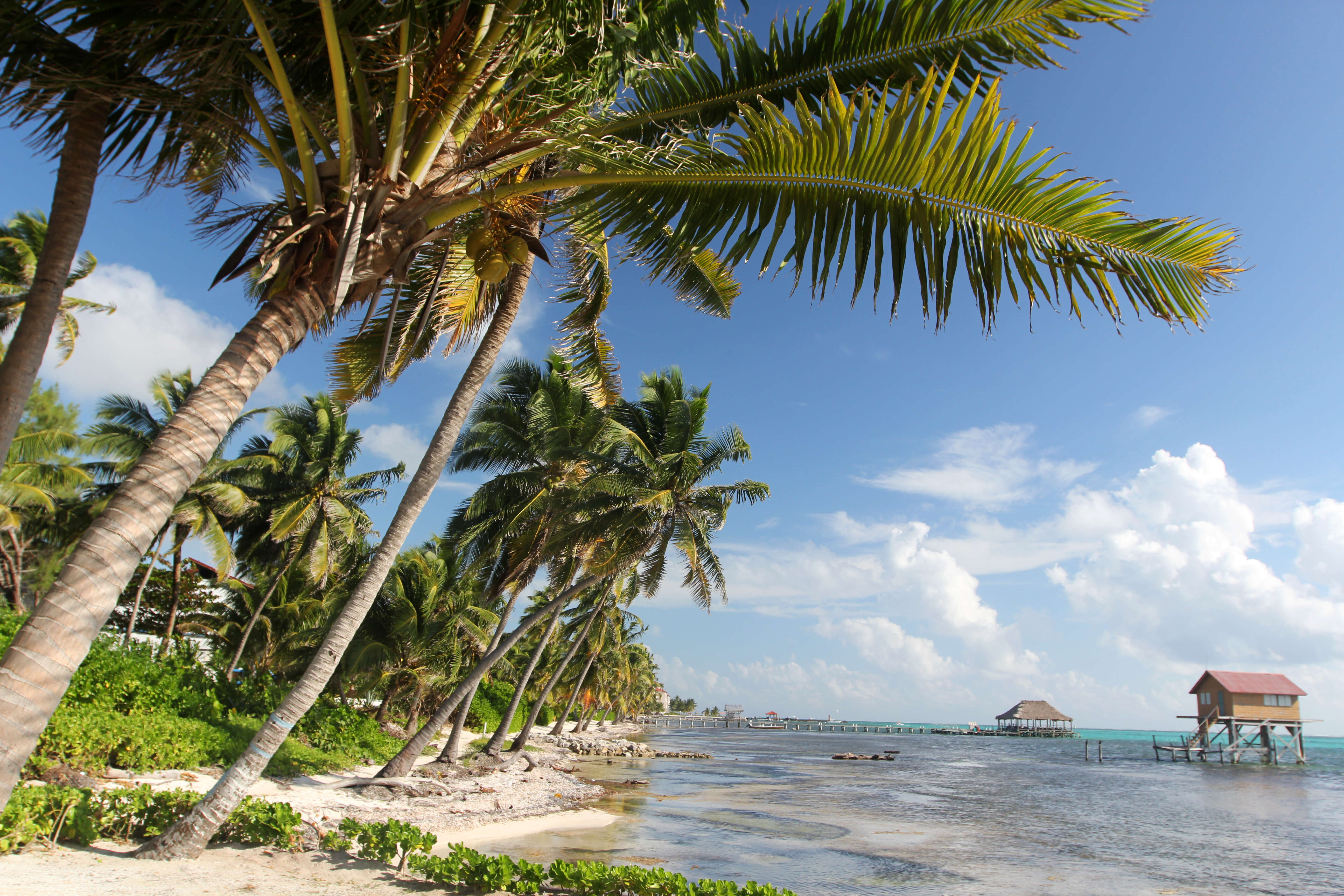

Belize
Home to lively local culture, ancient jungle ruins, and scores of tiny, laid-back islands—some of which you can even rent!—lolling in the blue of the Caribbean, Belize has all the things we love about destinations like Mexico, but with a fraction of the crowds. It’s also the only country in Central America whose official language is English and accepts US dollars, making it a Grade A destination for Americans to come and find a patch of sand to call home.
If you’re looking for a quick test-run before pursuing full-time digital nomad life, this is probably one of the best places to start: Belize recently became one of many nations around the world to introduce a visa specifically for remote workers. With the country’s Work Where You Vacation visa—the very name of which will make you feel seen—you can stick around for six months.
The downside: The visa promises a shorter stay than many, and you’ll need to have a relatively high income—at least $75,000 for individuals and $100,000 for couples/families—to qualify. The upside: Belize’s visa promises far less paperwork than most—so few that the country’s tourism board even emphasizes its simplicity. Besides proof of income, all you’ll need is a valid passport, proof of a bank account, a clear criminal record, and travel insurance to enter. —TA


Thailand
Thailand is the most livable of tropical paradises, with strong infrastructure and incredibly low living costs. In busy Bangkok, $600 a month comes with high-rise perks like a pool, sauna, and gym; in ultra-chill Chiang Mai, an established community of freelancers and other self-employed folk spend nearly half that. And if you can do without big-city comforts, there are even better deals to be had on island bungalows in beautiful beach towns, where you’ll subsist on the freshest, cheapest, and very often spiciest seafood of your life.
Tight rules can make long stays in Thailand tricky, though not impossible: Depending on the type of visa you get, you can stay for anywhere from a few weeks or months to a few years.


| Jordan Siemens/DigitalVision/Getty Images
Canada
Life up north comes with diversity, amazing food, low crime rates, excellent public education, healthcare, a stable economy, eco-consciousness, ketchup chips, and most importantly, more nature than you can even bother to care about. (Canadians are so obsessed with nature that their version of The New Yorker is named after a sea mammal.)
Wander around Canada’s mountains and glaciers and beaches and islands to ski, surf, kayak, dive, hunt, hike, or just hibernate in a house on the prairie. And you can take your pick of several different ways to move to Canada. You’ll probably already know the language (though French certainly adds another layer to cities like Montreal!), so you can skip the culture shock and go straight to cultural immersion.
That said, Canada’s notoriously livable cities are getting silly expensive, and Canadians are oddly cliquish when it comes to hiring. They tend to value “Canadian experience,” whatever that is, over the skills you bring from abroad. And though all that wilderness can get lonely in the long gray winters, cannabis is legal, which certainly helps. —Laura Yan
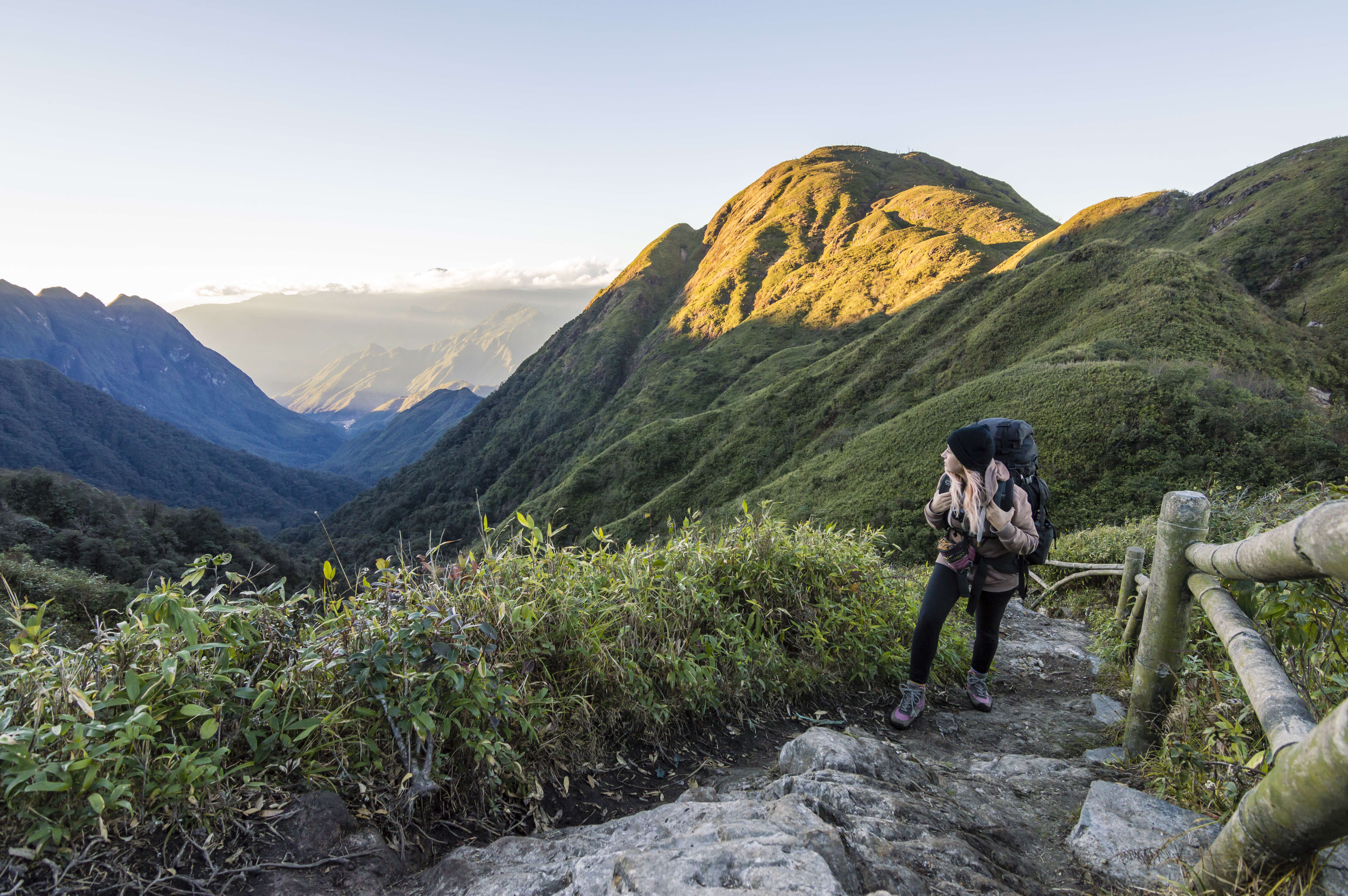

Georgia
The Republic of Georgia was already one of the best countries in the world for digital nomads, as wandering types could stay for up to a year on a tourist visa. But the government has relaxed its visa requirements even further, with a “Remotely from Georgia” program that allows remote workers earning at least $2,000 per month to reside in the country for a full year.
Why Georgia? The obvious attractions include breathtaking hikes in the Caucasus mountains, khachapuri (that Instagram-famous boat-like cheese bread), and Tbilisi’s rowdy and rakish club scene. You’ll live on a steady stream of orange wine, herby salads, and organic stews (wine-inclined countries usually sprout fabulous veggies).
Georgia is also exceptionally affordable: Most foreigners in Tbilisi are paying $700 a month or less for well-furnished apartments. And Georgians are fun-loving and hospitable; as soon as they figure out that you’re not Russian, you’ve made a friend. —Bruce Northam, American Detour
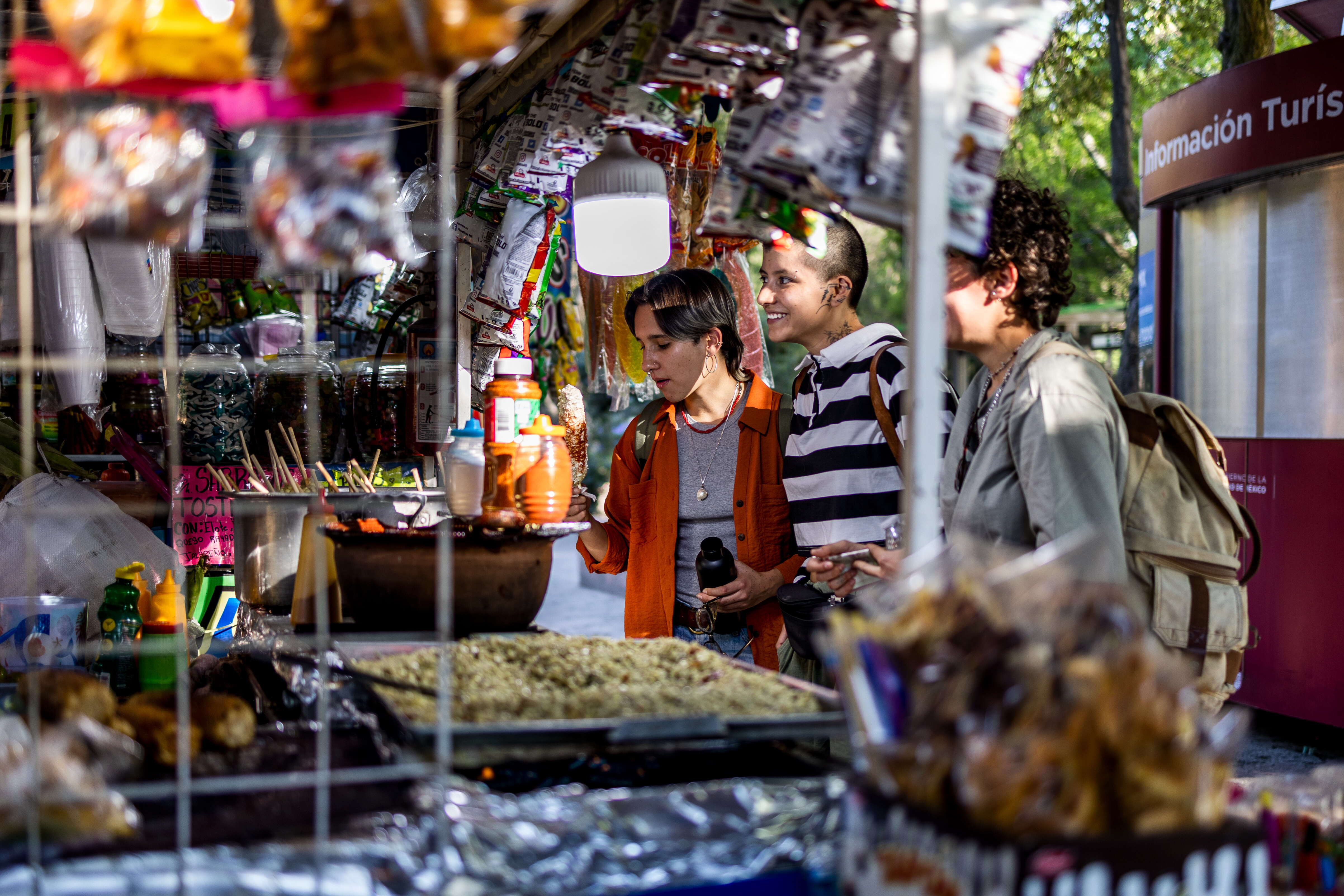

Mexico
“In Mexico, we spend less on all our expenses added together than we did just on rent in the US,” says longtime expat Tim Leffel, who literally wrote the book on moving abroad. From the Caribbean to the Pacific, along tropical beaches and in cool mountain highlands, most foreigners in Mexico pay between $400 and $1,000 on rent. The biggest deterrent might be the bureaucracy—plan on all paperwork taking an extraordinary amount of time—but it’s relatively simple to fly to the US once a year to restart the clock on a six-month tourist visa.
Without a doubt one of the greatest cities in the world, Mexico City is among the most popular places to relocate. Newcomers can get their bearings and work on their Spanish with cosmopolitan comforts in the Condesa and Roma areas before branching out to more affordable locales like Juárez, San Rafael, or Narvarte. Alternatively, Oaxaca City lures with its mezcal, mole, and architecture, while Puerto Escondido and its low-key beach vibes are equally as certain to draw you in. —BN


Australia
With the US dollar now worth $1.41 Australian dollars, it’s more affordable than ever to live in one of the most culturally and geographically diverse continents on the globe. While most Americans stick to tried-and-true hubs like Sydney and Melbourne, smaller cities like Darwin, Brisbane, Adelaide, Perth, and Broome also lure expats with cheaper rents, unparalleled scenery, and the chance to really connect and co-mingle with Aussies.
If you’re between the ages of 18-30, the Working Holiday Visa lets you live and travel around the country for a year—or up to three if you do enough specified work. Just be warned that application processing times are looking extra-long right now as the government tries to catch up on approving those requests submitted before the country locked down. —KC
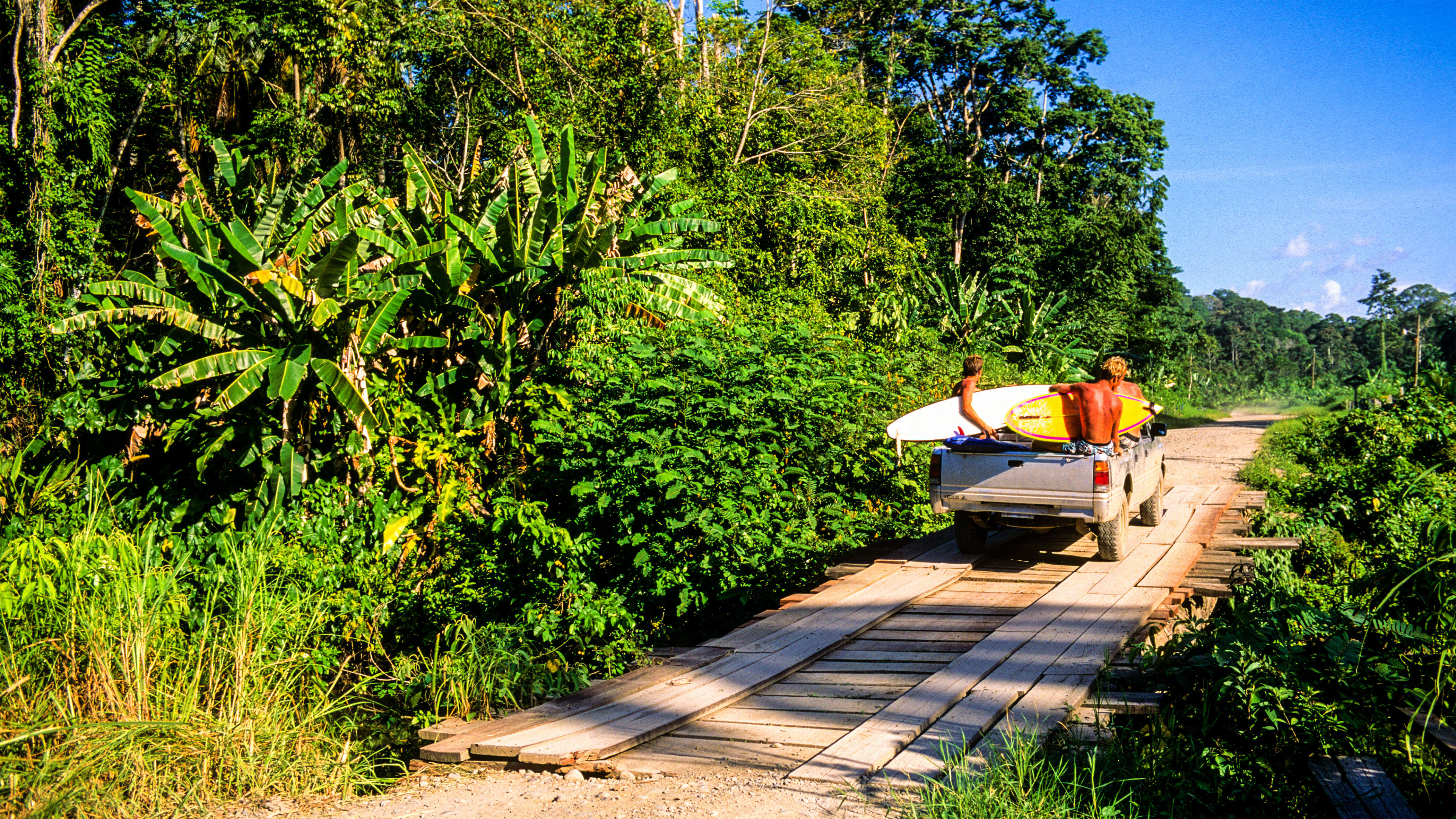

Costa Rica
In a lot of ways, Costa Rica feels like California broke off from North America, headed south, grew a rainforest, and got rid of its superiority complex. A steady democracy that spends its money on education instead of the military, Costa Rica has been chummy with the US for more than 150 years, making culture shock minimal for those who wish to call it home. Though be forewarned: Tourist visas are a cinch, but residency can be slow going for anyone who’s not working for a big company. And once you get here, residency is going to be top of mind.
A million Americans visit the country every year, and the Ticos have put those dollars back into infrastructure—reliable airports, deluxe highways, huge conservation districts—that make the country easy to get around and easy to enjoy. It has volcanoes, mountains, beaches, and oodles of badass animals.
The healthcare system and public health insurance are also above par, and the literacy rate is one of the world’s highest. If you have a full-time job, you get Aguinaldo—an extra month’s salary at Christmas. Not surprisingly, the people here report being pretty dang happy. —Sam Eifling


